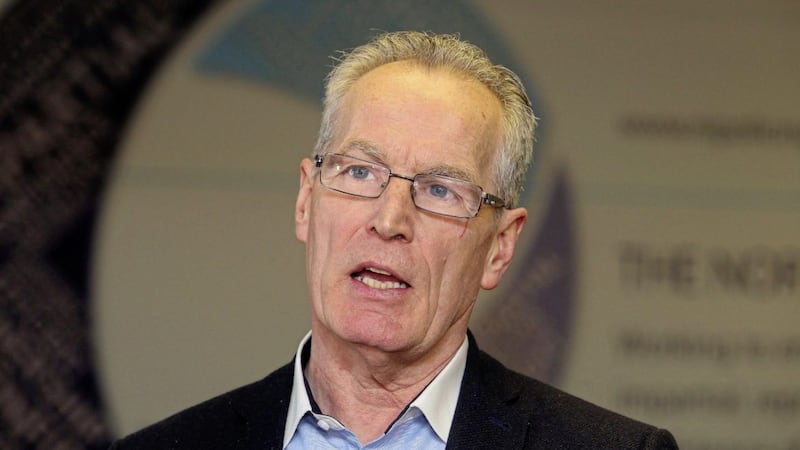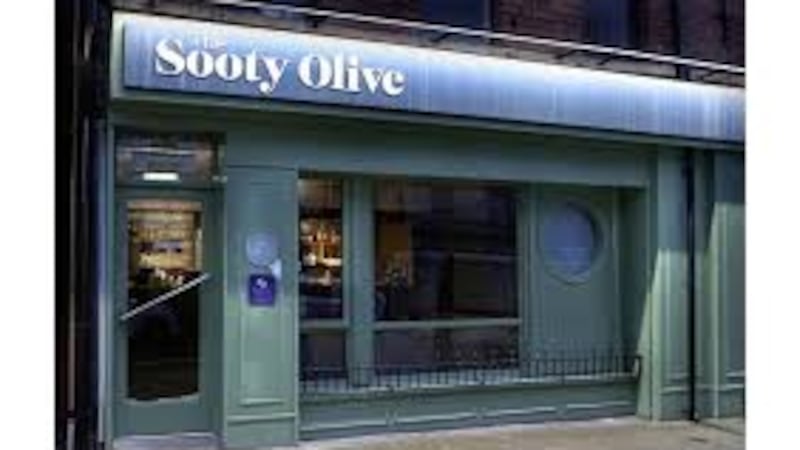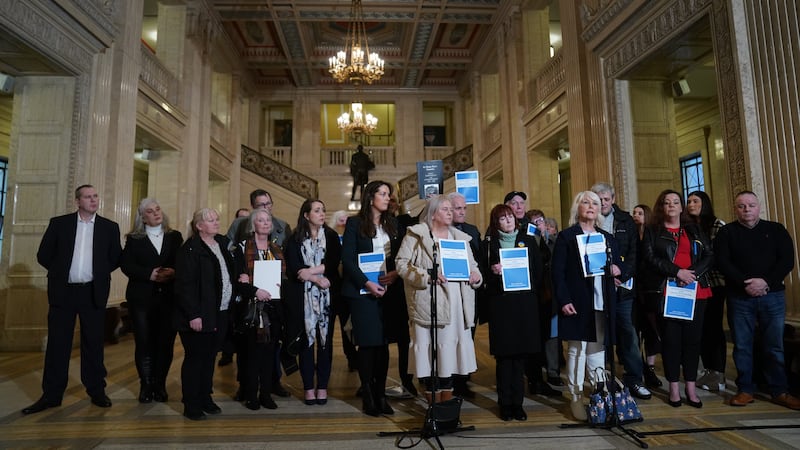SINN Féin appears isolated in the Executive over the stalled Troubles pension scheme, with the majority of parties now insisting `victims have waited long enough'.
The republican party has been at loggerheads with the DUP and Secretary of State Brandon Lewis over draft criteria for the scheme which narrows the definition of victims to exclude those injured at their own hand or sentenced to more than two-and-a-half years in prison.
Both insist that because the legislation was passed by Westminster in March is is now law and cannot be changed.
Sinn Féin's Gerry Kelly insists payments "have to be based on need" and what he described as the "legal definition of a victim of the conflict", which is the 2006 Victims and Survivors Order description as someone "physically or psychologically injured as a result of or in consequence of a conflict-related incident".
The party has refused to designate a department to handle the scheme, a move which would begin the process which would allow the fund to be administrated.
There is still no commitment from either the Northern Ireland Office or the Executive to fund it.
DUP leader Arlene Foster described the failure to set up the scheme as "grotesque", telling BBC's Good Morning Ulster "everybody has been held up to accommodate those people who made them victims in the first place".
She denied that it was also being delayed over funding, saying she has "been working with the Secretary of State to find a solution to the financial issue, but it only comes into shaper focus when we have actually a scheme to implement".
However, her party told The Irish News its position is that "as the pension covers all of the UK, it will require Treasury funding as Northern Ireland could not afford (it)".
The DUP said it supports "the pension as it is drafted" and "people injured as a result of their own actions should not qualify for a pension the same as their innocent victims".
SDLP leader Colum Eastwood signalled his party is willing to move before the issues are fully resolved.
"Victims and survivors have been forced to wait for far too long while politicians stall and squabble," he said.
"The DUP and Sinn Fein must put their differences aside, nominate a lead department and get the process underway. Victims should not have to tolerate any further delay.”
The UUP suggested "if the Executive Office is incapable of nominating a lead department" administration be transferred to the NIO to break the stalemate, allowing payment to "proceed immediately".
It agreed the issues raised "are not a reason for the scheme not to proceed - it remains up to the payment board to decide whether to make an award or not".
And the Alliance Party said "victims should not be punished" for the Westminster decision, adding "we should not pre-judge how the scheme would operate or who would be eligible.
"The practical work needed to deliver the scheme can proceed while resolution on funding and eligibility it sought in parallel."
Alliance leader and Justice Minister Naomi Long "has indicated her Department would administer it if designated by TEO, to help unlock the gridlock and make progress".
The Green Party wants an "independent process for dealing with the legacy of our past" because "politics is failing victims and survivors".
Elsewhere there are differences on Westminster funding the annual payments of £2,000-£10,000 to victims.
Alliance said "all parties signed up to deliver this in the New Decade New Approach agreement, on the understanding the UK Government would fund it".
However, the UUP suggested the obligation be split, saying: "The scheme is UK-wide so the UK Government must provide a contribution to the scheme alongside the Northern Ireland Executive."
Green Party Justice Committee member Rachel Woods insisted: "The legislation was passed by the Westminster government and as such, the onus is on them to fund the scheme.
"It’s an insult to the victims that the Westminster government would seek to shirk this financial obligation."








